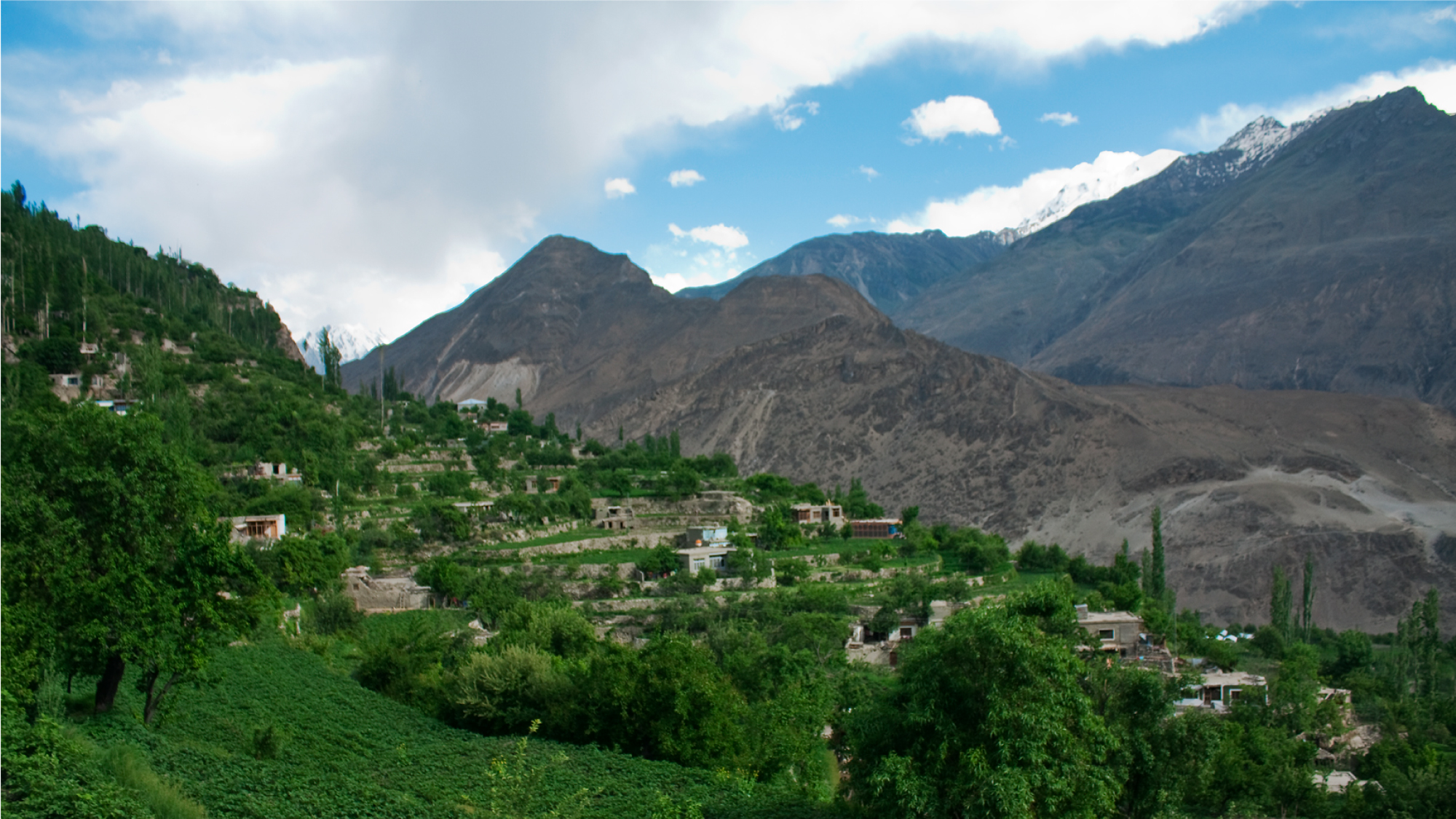
In a world full of complexities, reliable data and evaluation are key to determining the success of development projects. This is particularly true for projects dealing with political insecurity, conflict and poverty. But what happens when gathering information on ground becomes impossible?
Faced with this question as a result of the COVID-19 pandemic, Heidi Ober, Principal Consultant, and Charlotte Hamer, Evaluation Manager, in our Evaluation & Research practice, shifted to remote data collection. In this blog, they give insights on how their team successfully managed to continue informing the Foreign, Commonwealth and Development Office (FCDO) on the Khyber Pakhtunkhwa Merged Districts (KPMD) programme and the impact of COVID-19 in Pakistan.
Even before the coronavirus crisis, carrying out learning and third-party monitoring work in the Newly Merged Districts (NMD) of Pakistan – right on the border with Afghanistan – had been a challenging task for our team. Due to poor infrastructure, the region is difficult to access and there are always safety risks involved for our people who work there.
As the KPMD programme aims to make the region more resilient and help meet the basic needs of local communities, our fieldwork – collecting data, conducting interviews, taking pictures – is a crucial source for the KPMD Research Hub, which is implemented by Tetra Tech International Development and GLOW. These activities, of course, all came to a sudden halt with the spread of COVID-19.
But a good understanding of the local context was precisely what FCDO Pakistan needed most in order to quickly and effectively respond to the shifting situation. In this moment of rapid adaptation, we engaged in two activities:
- We produced bi-weekly monitoring reports based on data that was gathered by telephone and WhatsApp on how COVID-19 was affecting communities and services. For each update, we interviewed key informants such as UN agencies, government and community leaders, NGOs and health workers, which allowed us to provide up-to-date information in real time.
- We gleaned lessons from previous public health and disease outbreaks elsewhere to inform behavior change campaign plans in Pakistan. Epidemics like Ebola have taught us that behaviour change communication needs to be culturally and linguistically sensitive to promote preventative behaviour and effectively address fear, misinformation and confusion among local communities.
Through this research, we were able to better understand how people are perceiving the coronavirus in Pakistan – which in turn gave us an indication about the kind of messaging that would resonate with them and inspire behaviour change. We found, for example, that people are more willing to behave differently if their actions protect others – like their grandmothers – rather than themselves. They also do not mind staying inside as long as their livelihoods remain unaffected. It sounds reasonable, and we may all know this from our own experiences with COVID-19, but now that it is backed up by evidence, our partners will be able to make existing messaging more effective and develop tailored campaigns that will help prevent further spread of the virus in Pakistan.
We are pleased that our work has sparked interest across the development sector: both the British High Commission in Pakistan as well as implementing UN agencies are using the information we produced in this new remote way. More importantly, we have also learned a lot from this experience: just like there is no one-size-fits-all solution when it comes to fighting a pandemic, we, as the Evaluation & Research team, have to stay open-minded, rethink our ways of how we collect data in the future and consider how we can use technology to continue providing our clients with the valuable information they need to keep development projects on track.
PHOTO: Luke X. Martin